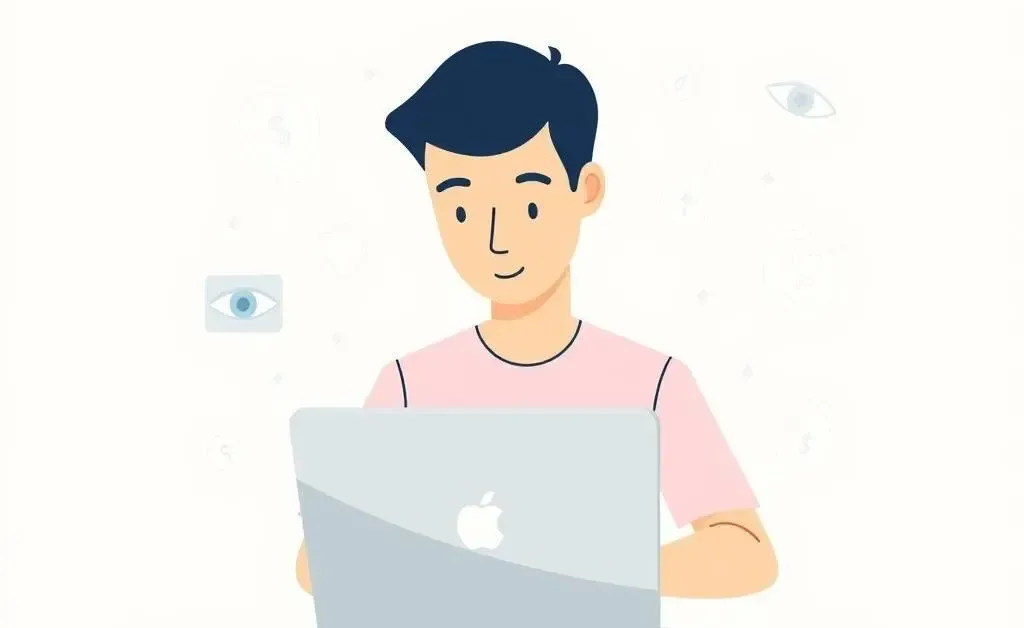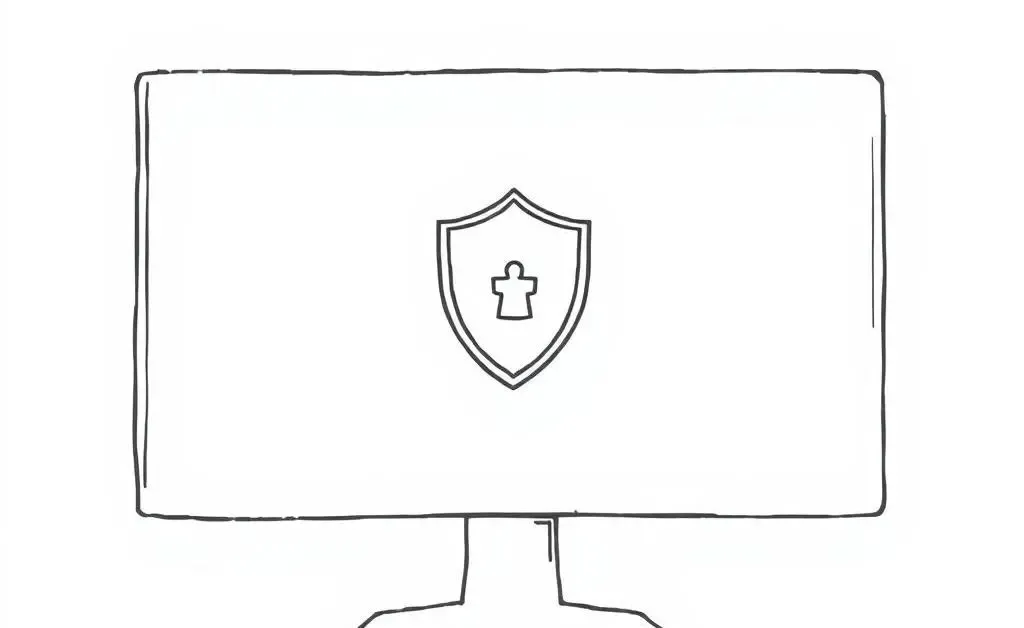Staying Safe in the Digital World: Tips for Protecting Yourself Online
Explore essential tips for staying safe online and protecting your personal information.

Have you ever received a message online that seemed a little too good to be true? It can be tempting to engage, especially when it promises a reward or quick solution. However, staying safe online requires a bit of caution and common sense. Let’s explore how you can protect yourself and your data.
Understanding the Risks of Private Messages
Received an unexpected message offering help or asking for personal details? It’s wise to pause and evaluate. Most unsolicited offers are red flags, potentially leading to scams. Trust your gut and don’t engage unless you're certain of the sender's authenticity.

Top Tips to Protect Your Personal Information
Here are some simple but effective ways to keep your information safe:
- Verify Sources: Always check who’s reaching out and their credentials.
- Use Unique Passwords: Ensure you have strong, varied passwords for different accounts.
- Two-Factor Authentication: Enable this wherever possible for an extra security layer.
- Shred Documents: Dispose of sensitive papers securely to prevent physical breaches.
- Stay Informed: Keep up-to-date with the latest scams and hacking news.

Safer Browsing Practices
Browsing the internet can be like walking through a bustling city; it's important to stay aware of your surroundings. Use a reputable antivirus and make sure to only visit secure websites (sites with https) to minimize risks.

Handling Personal Finance Information Online
While managing finances online, always use well-regarded financial platforms and avoid clicking on suspicious links. As a personal story, a friend once nearly fell for a phishing scam disguised as a bank email. Thankfully, they reached out to the bank directly, avoiding any issues.
Final Thoughts: Your Digital Safety Net
Becoming savvy about your online habits doesn’t have to be overwhelming. With a few proactive steps, you can navigate the internet more safely and protect your personal information from scams and identity theft.
Curious about more ways to safeguard your online presence? What steps do you take to stay secure in the digital world? Let's chat in the comments!




